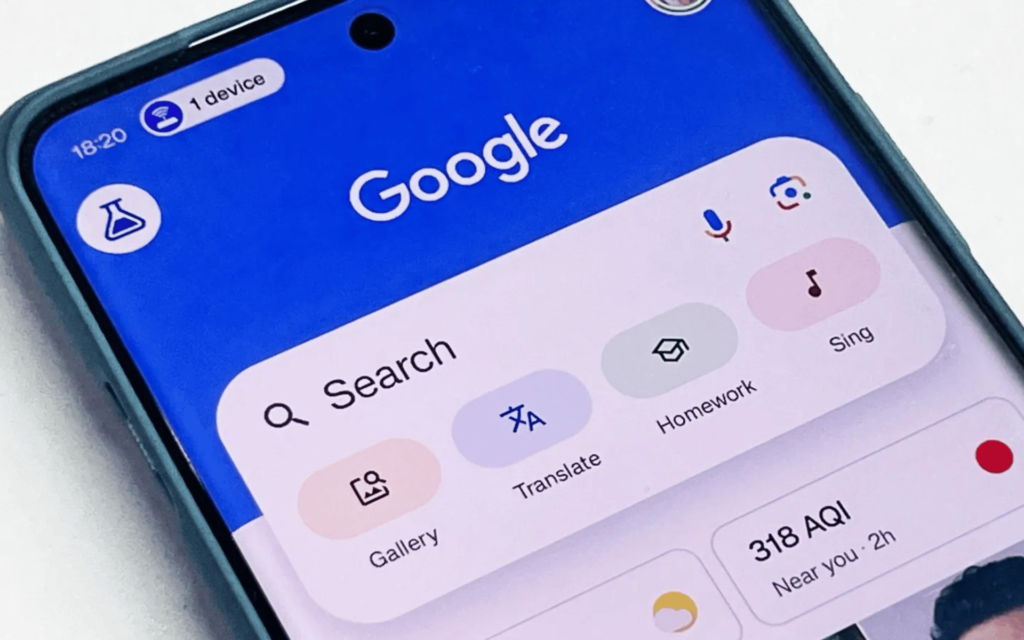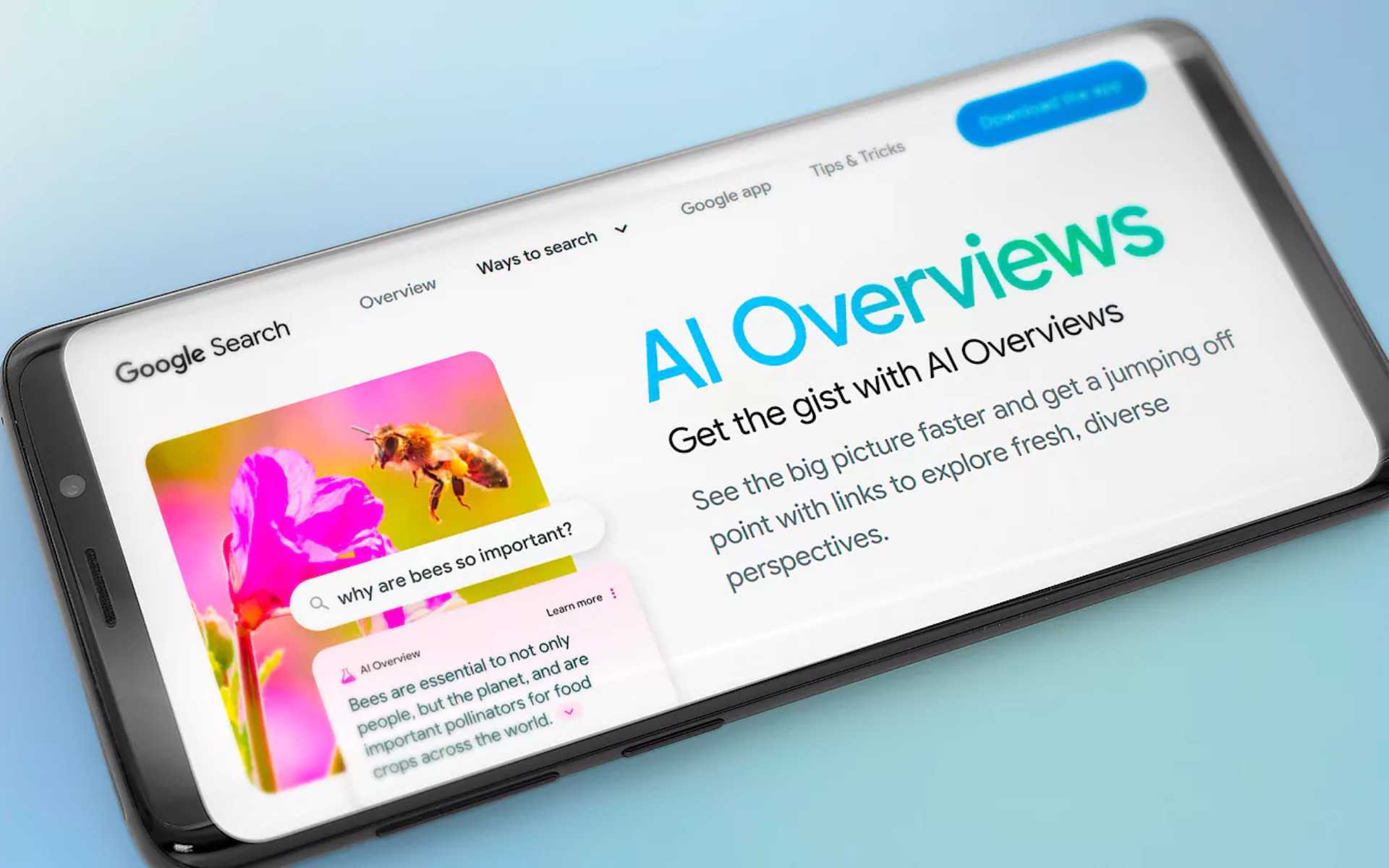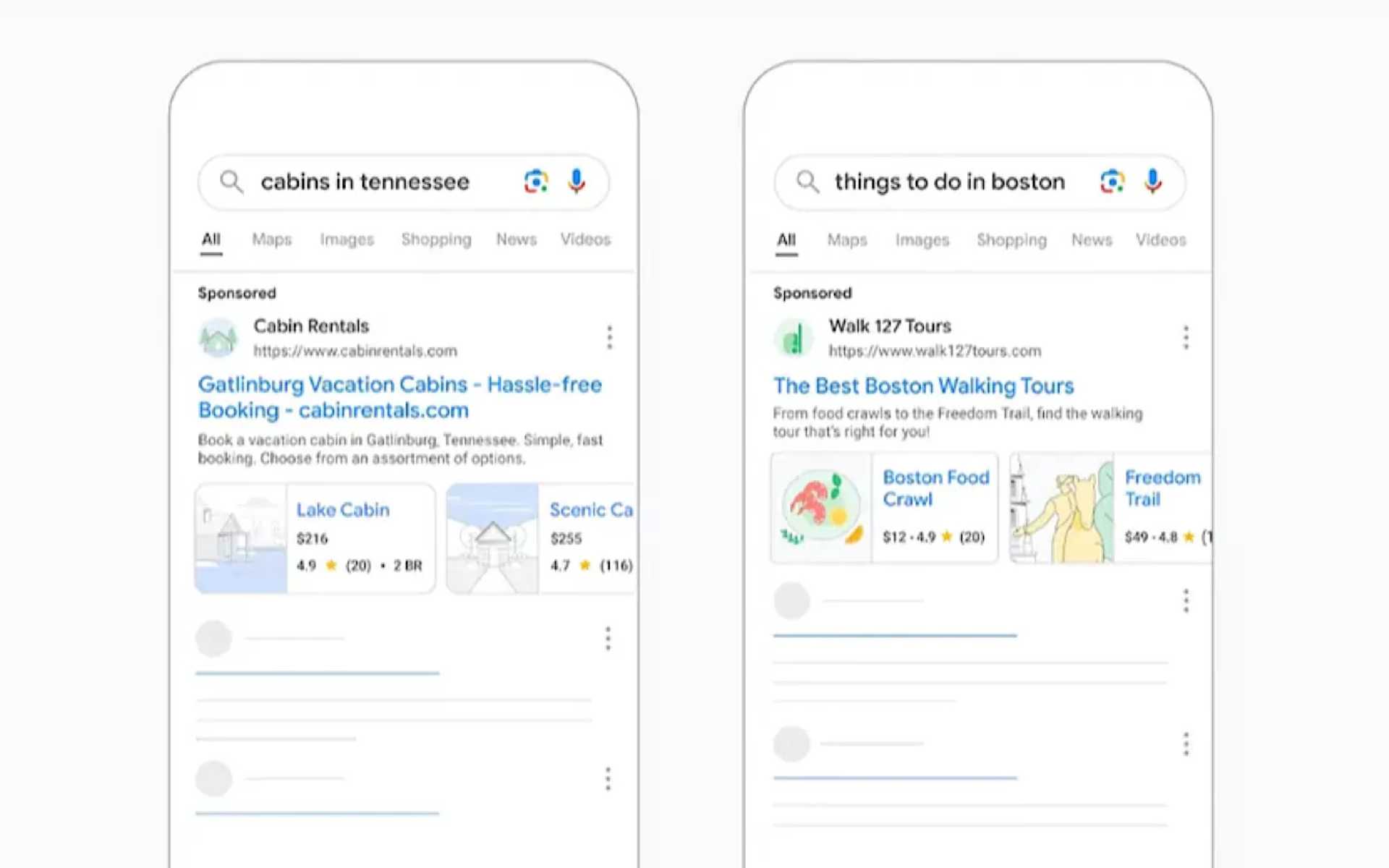A recent study by search industry expert Rand Fishkin has uncovered a significant correlation between the introduction of Google’s AI overviews and a decline in mobile search volume. The study, which examined millions of Google searches across the United States and European Union, provides insights into the unintended consequences of integrating AI into search results.
AI Overviews Rollout & Reversal
In May 2024, Google launched AI overviews in the United States, generating summaries for a wide range of search queries. This feature was met with mixed reactions and was retracted by the end of the month. On May 30, Google acknowledged the shortcomings of AI overviews, particularly for unusual queries, in a blog post. In response, the company implemented over a dozen technical improvements.
Following these changes, a study by SE Ranking noted a decrease in the frequency of AI overviews, with only 8% of searches now triggering them. However, the summaries that do appear are longer and more detailed, containing 25% more content. SE Ranking also observed that AI overviews now typically link to fewer sources, averaging around four.
Decline in Mobile Searches
Fishkin’s analysis highlighted a significant decline in mobile searches in May, coinciding with the introduction of AI overviews. While desktop searches experienced a slight increase, the drop in mobile searches was substantial, especially given that mobile queries account for nearly two-thirds of all Google searches. This suggests that users were less inclined to search on their mobile devices when presented with AI-generated summaries.

Fishkin commented on the findings:
“The most visible changes in May were shared by both the EU and US, notably… Mobile searches fell a considerable amount (if anything spooked Google into rolling back this feature, I’d put my money on this being it).”
He further noted:
“If I were running Google, that dip in mobile searches (remember, mobile accounts for almost 2/3rds of all Google queries) would scare the stock-price-worshiping-crap outta me.”
Impact on Overall Search Behavior
Despite the decrease in mobile searches, overall search behavior remained relatively stable during the rollout of AI overviews. The number of clicks per search on mobile devices increased slightly, while desktop clicks per search stayed flat. This indicates that while some users were deterred from initiating searches, those who engaged with AI overviews still clicked on results at similar or slightly higher rates than before.
Implications for Google & the Search Industry
The study underscores the challenges Google faces in integrating AI-generated content into its search results. It also highlights concerning trends in search behavior:
1.Low Click-through Rates: Only 360 out of every 1,000 Google searches in the US result in clicks to non-Google websites, while the EU fares slightly better with 374 clicks per 1,000 searches.
2.Zero-click Searches Dominate: Nearly 60% of searches in both regions end without any clicks, categorized as “zero-click searches.”
3.Google’s Self-referral Traffic: About 30% of clicks from US searches lead to Google-owned properties, with a slightly lower percentage in the EU.
Conclusion
The integration of AI overviews into Google’s search results has had a notable impact on mobile search volume, prompting the company to reconsider its approach. This study highlights the delicate balance Google must maintain in enhancing user experience while managing search behavior and maintaining its market position.







